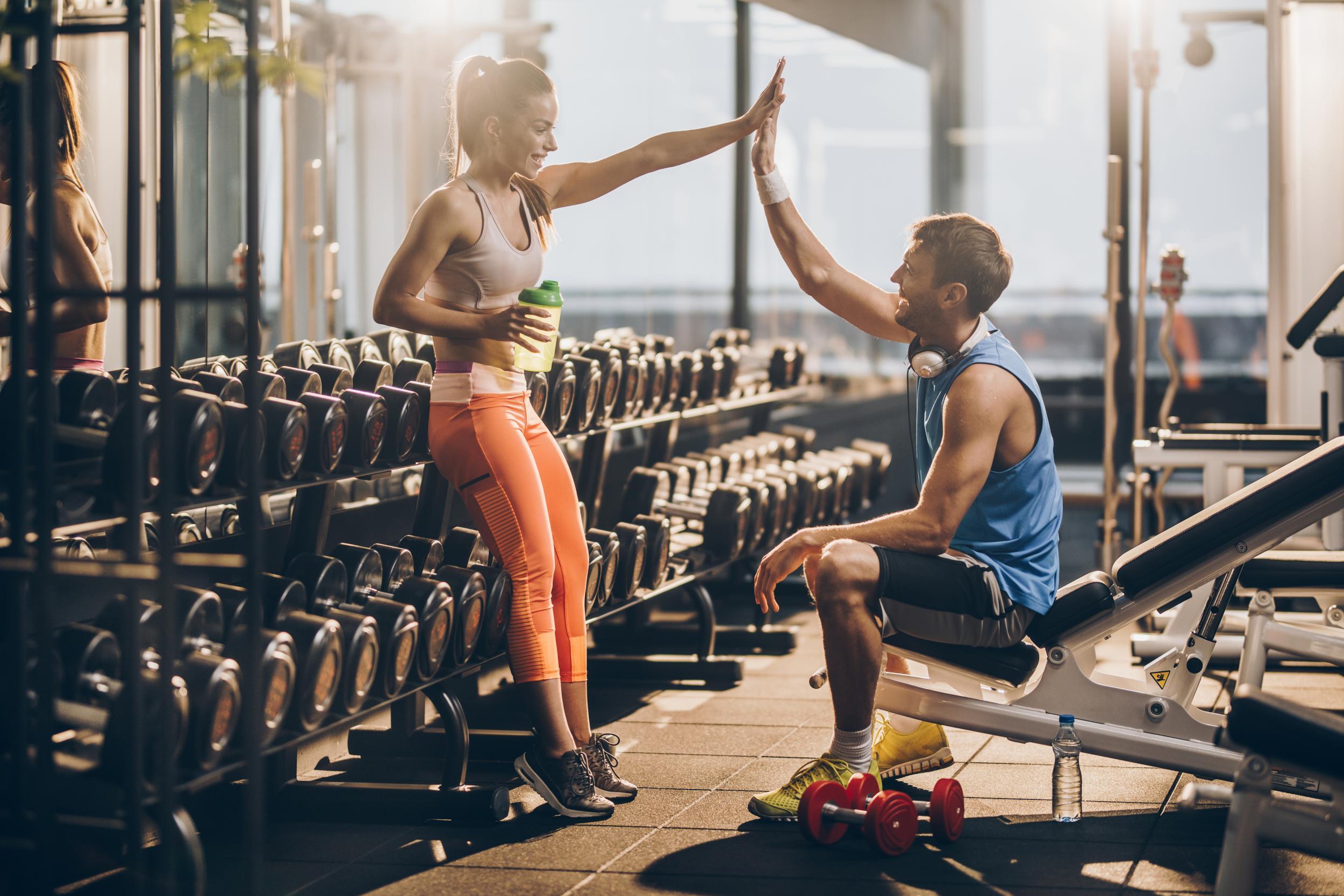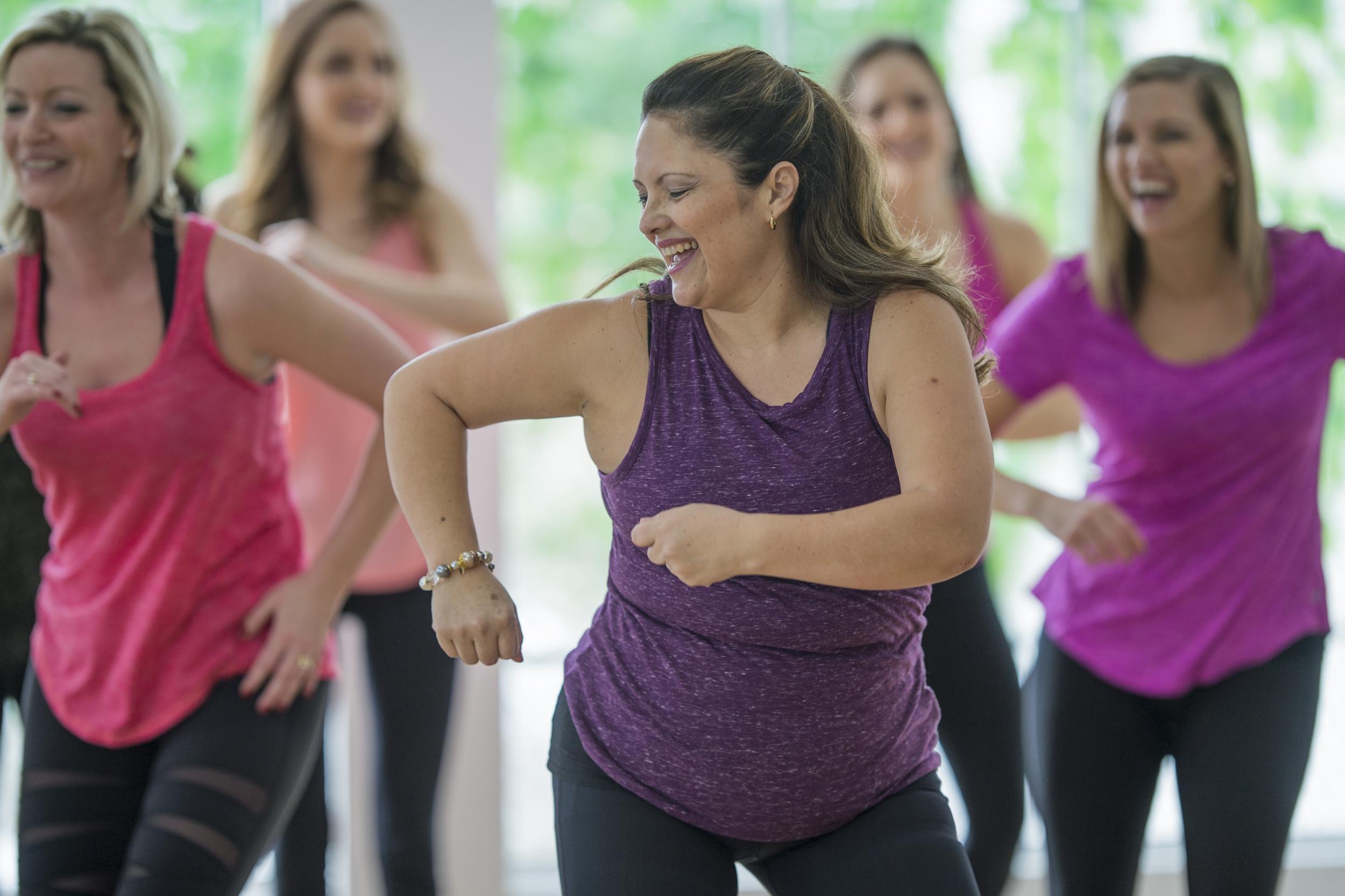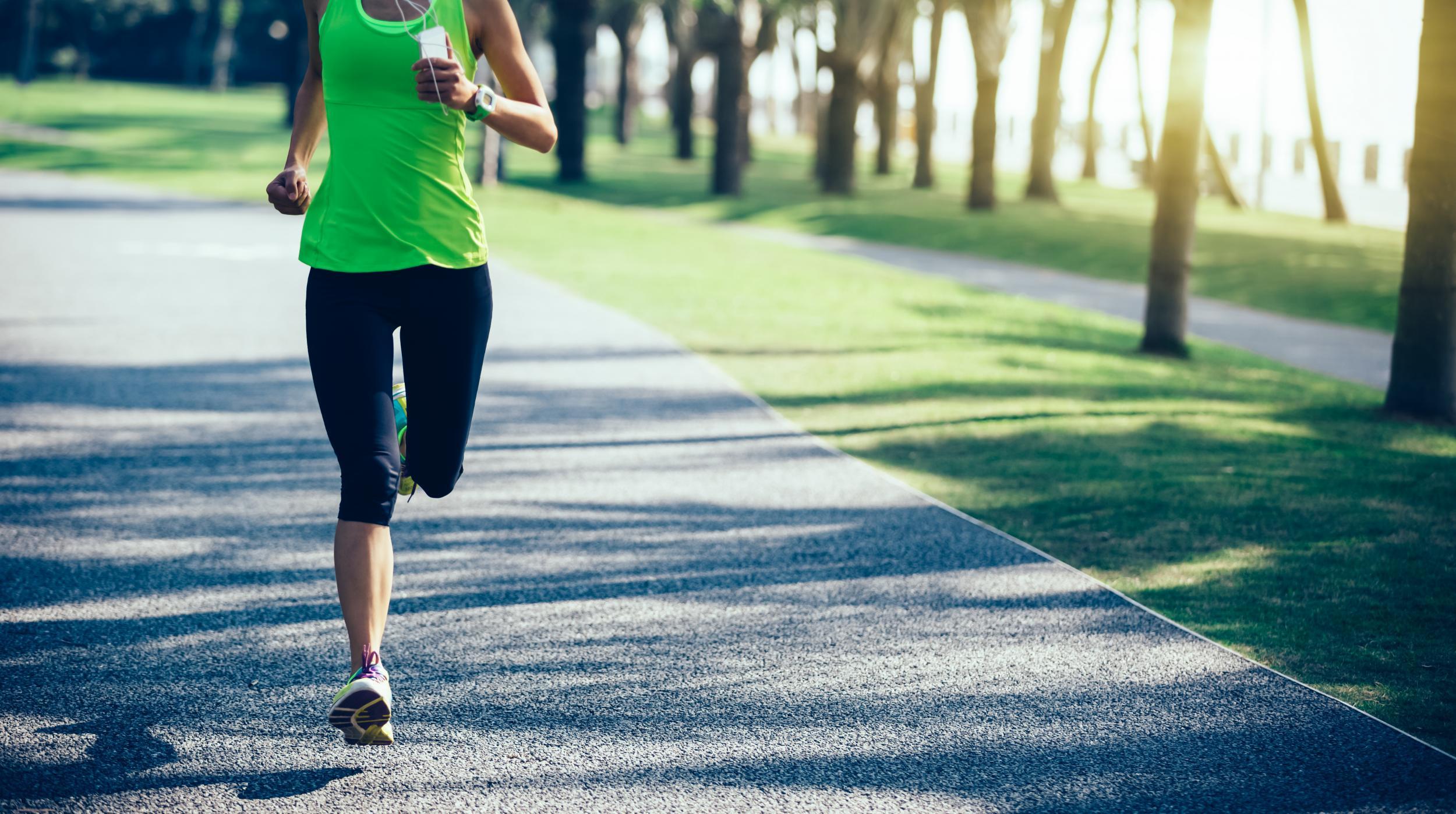Under 10 minutes of exercise needed to reach endorphin high, study finds
And women get there quicker than men

Your support helps us to tell the story
From reproductive rights to climate change to Big Tech, The Independent is on the ground when the story is developing. Whether it's investigating the financials of Elon Musk's pro-Trump PAC or producing our latest documentary, 'The A Word', which shines a light on the American women fighting for reproductive rights, we know how important it is to parse out the facts from the messaging.
At such a critical moment in US history, we need reporters on the ground. Your donation allows us to keep sending journalists to speak to both sides of the story.
The Independent is trusted by Americans across the entire political spectrum. And unlike many other quality news outlets, we choose not to lock Americans out of our reporting and analysis with paywalls. We believe quality journalism should be available to everyone, paid for by those who can afford it.
Your support makes all the difference.Finding the motivation to exercise can sometimes be a challenge, but often once you start exercising the endorphins kick in and you’re riding that high. And it turns out that those feelings of euphoria could be less than 10 minutes away.
A new YouGov survey has revealed that the average time for British adults who exercise three times a week or more to experience a natural high from exercise is just nine minutes and 44 seconds.
The survey was commissioned by online sports retailer wiggle.co.uk who were keen to investigate this mental transition between motivating yourself to exercise and enjoying it once you do.
Michael Caulfield, a leading sports psychologist at The Sporting Edge explained: “It’s something everyone can relate to in what are now very busy lifestyles. It is often easier to think of reasons not to exercise but there is a very distinct moment where your mindset changes and you take action. Once you do, you never look back at running or exercise and say ‘I wish I hadn’t done that’.”
Caulfield coined the term “youphoria” to describe the mental shift towards the natural high.
Not only did the YouGov survey show that those who exercise regularly reach youphoria faster, it also revealed that women reach the natural high over one minute quicker than men, with an average time of nine minutes and seven seconds in comparison to the 10 minutes and 20 seconds of men.

And in terms of age, those in the 35-44 bracket take the longest to reach youphoria, requiring 12 minutes and 47 seconds on average, in comparison to those aged 45-54 who only take seven minutes and four seconds to reach that point.
Unsurprisingly, adults between 18-24 years old were found to experience youphoria the quickest, with an average time of less than seven minutes.
The type of exercise you do can also have an effect on the length of time it takes to achieve the natural high. Gym goers begin to enjoy exercising the quickest, in just six minutes and 36 seconds. While runners experience the euphoria moment quicker (at eight minutes and 28 seconds) than those who prefer walking or hiking (10 minutes 35 seconds) and exercises classes (nine minutes 17 seconds).

There are also variations in time to youphoria depending on whereabouts you live in the UK. Those living in the East Midlands were found to get there quickest in a mere seven minutes 26 seconds, almost five minutes faster than adults from the North West who took the longest at 12 minutes 20 seconds.
Cauldfield explained that these differences in times were only natural given the various challenges that different sports, environmental effects, and age can present. He said: “Different sports provide different psychological challenges and barriers. People are also naturally wired differently, face different lifestyle and environmental challenges and may have different forms of motivation. Research shows that this self-motivation tends to peak between 18-24, so in fact, millennials are more likely to push themselves to get out there and exercise compared to other age groups.”
While many of us may find self-motivation a challenge, Dan Staples, Director of Brand Marketing at Wiggle, hopes the lure of youphoria can encourage people to exercise more: “We all know those days when it’s more tempting to hit the snooze button, but as this research shows, the benefits of exercise and sport outweigh any excuses to not get out and get active.
“We’d encourage people to push themselves to overcome the mental barriers and reap the rewards of youphoria.”
Join our commenting forum
Join thought-provoking conversations, follow other Independent readers and see their replies
Comments